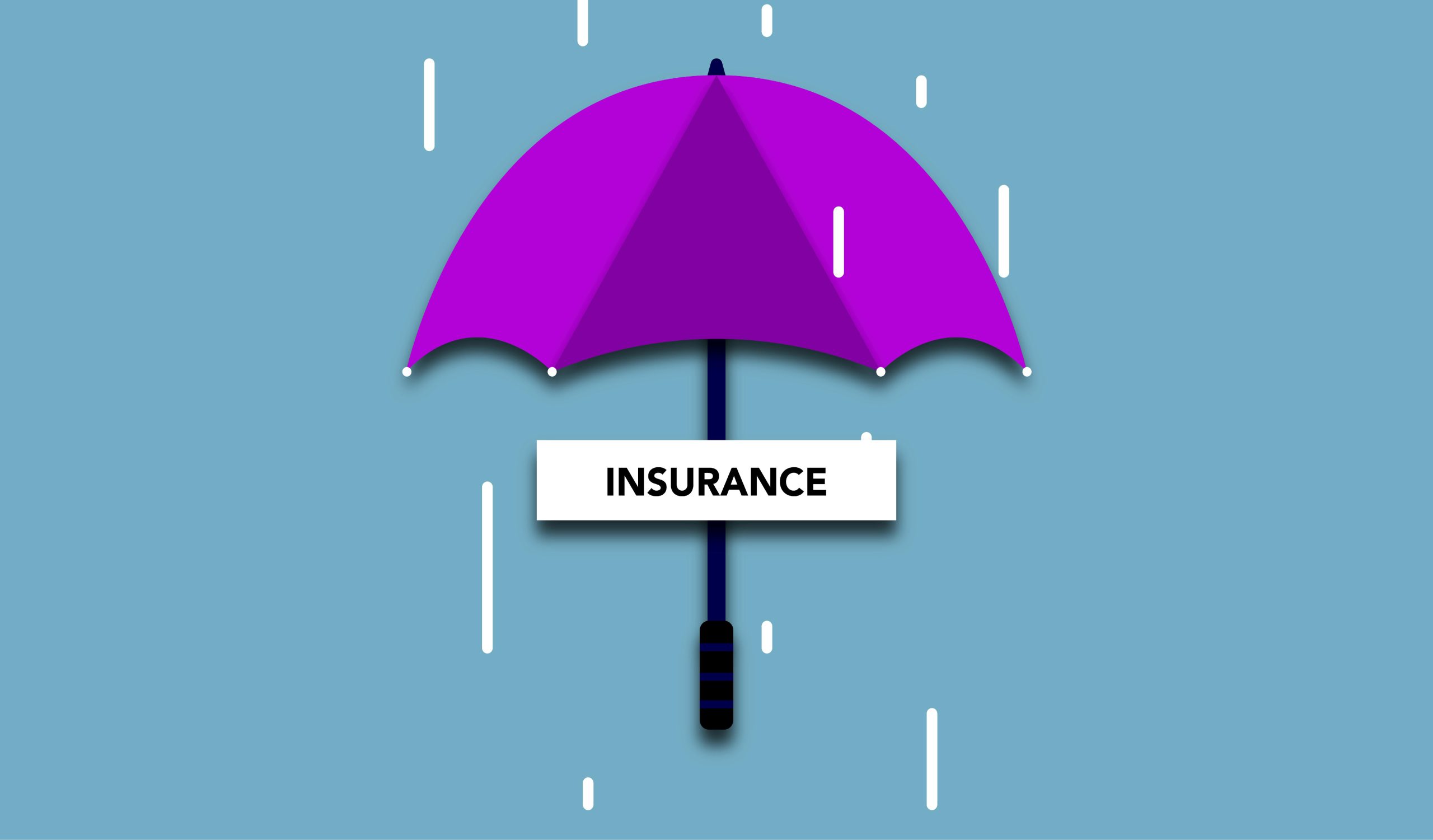You’ve worked hard to build your assets and financial security, but what happens if you’re sued for damages that exceed your standard insurance policy limits? That’s where umbrella insurance comes in. Often overlooked, this type of coverage provides an extra layer of liability protection beyond what your auto, home, or renters insurance offers. In this guide, we’ll break down what umbrella insurance covers, who needs it, and why it’s a smart investment for protecting your future.
What Is Umbrella Insurance?
Umbrella insurance is a type of personal liability insurance designed to cover costs that exceed the limits of your primary insurance policies. Think of it as a safety net—when your standard policies max out, your umbrella policy kicks in to cover the remaining expenses. It’s called “umbrella” because it provides broad coverage over multiple areas of your life, shielding you from financial ruin in case of a major lawsuit or claim.
How Does Umbrella Insurance Work?
If you’re found legally responsible for damages—such as a severe car accident, a dog bite incident, or a slip-and-fall injury on your property—your umbrella policy covers costs beyond what your auto or homeowners insurance can handle. For example, if you’re sued for $1 million but your auto insurance only covers $300,000, your umbrella policy could cover the remaining $700,000, protecting your savings and assets.
What Does Umbrella Insurance Cover?
Umbrella insurance extends liability coverage for a variety of situations, including:
- Bodily injury liability: Covers medical expenses if someone is injured on your property or in an accident you cause.
- Property damage liability: Pays for damage you or a family member cause to someone else’s property.
- Personal liability lawsuits: Protects against claims like defamation, libel, or slander.
- Legal defense costs: Covers attorney fees, even if the lawsuit is groundless.
- Worldwide coverage: Unlike some policies, umbrella insurance often applies internationally.
What Isn’t Covered?
While umbrella insurance is comprehensive, it doesn’t cover everything. Exclusions typically include:
- Intentional acts or criminal behavior
- Business-related liabilities (unless you have a commercial umbrella policy)
- Damage to your own property
- Contractual liabilities
Who Needs Umbrella Insurance?
While umbrella insurance isn’t mandatory, it’s highly recommended for individuals with significant assets or exposure to liability risks. Here’s who should consider it:
Homeowners
If you own a home, you’re at risk for lawsuits related to injuries on your property. A single accident could lead to a costly lawsuit that surpasses your homeowners insurance limits.
High-Net-Worth Individuals
Those with substantial savings, investments, or valuable assets are prime targets for lawsuits. Umbrella insurance helps protect your wealth from being wiped out by a large judgment.
Pet Owners
If your dog bites someone, you could be held liable for medical bills and legal fees. Even if your pet has no history of aggression, accidents happen.
Landlords
Renting out property increases your liability exposure. Tenants or their guests could sue for injuries or damages, making umbrella coverage essential.
Drivers
Auto accidents can result in massive claims, especially if multiple people are injured. Umbrella insurance ensures you’re covered beyond your auto policy’s limits.
How Much Umbrella Insurance Do You Need?
The right amount of coverage depends on your assets and potential risks. A common recommendation is to have enough umbrella insurance to cover your net worth. Here’s how to determine your needs:
- Calculate your total assets: Include home equity, savings, investments, and valuable possessions.
- Assess your risk factors: Do you have a swimming pool, a dog, or teenage drivers? These increase your liability exposure.
- Review existing policies: Check the liability limits on your auto and homeowners insurance to identify gaps.
Most insurers offer umbrella policies in increments of $1 million, with additional coverage available at a relatively low cost. For example, a $1 million policy might cost $150–$300 per year, while $2 million could be $200–$400 annually.
How to Get Umbrella Insurance
Purchasing umbrella insurance is straightforward, but you’ll need to meet certain requirements:
- Have underlying policies: Most insurers require you to have auto and homeowners insurance with specific liability limits (often $300,000–$500,000) before adding an umbrella policy.
- Shop around: Compare quotes from multiple insurers to find the best rates and coverage options.
- Bundle policies: Some companies offer discounts if you purchase umbrella insurance from the same provider as your auto or home insurance.
- Consult an agent: An insurance professional can help assess your needs and recommend appropriate coverage.
Conclusion
Umbrella insurance is a cost-effective way to safeguard your financial future against unexpected lawsuits and catastrophic claims. Whether you’re a homeowner, a high-earner, or simply want peace of mind, this extra layer of protection ensures that one unfortunate incident doesn’t derail your life. By understanding what it covers, who needs it, and how much to buy, you can make an informed decision about adding this critical coverage to your insurance portfolio. Don’t wait until it’s too late—explore umbrella insurance options today and protect what matters most.
